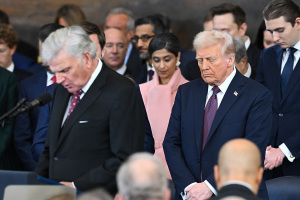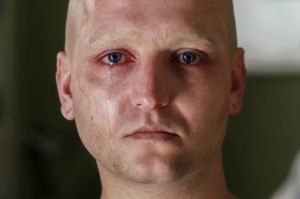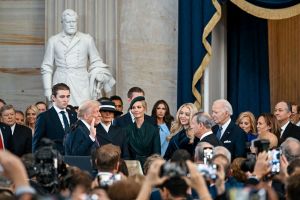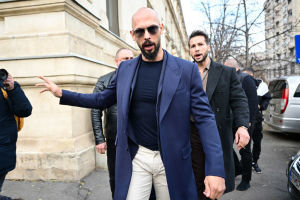Rwanda genocide: 3 lessons for American Christians on division and faith
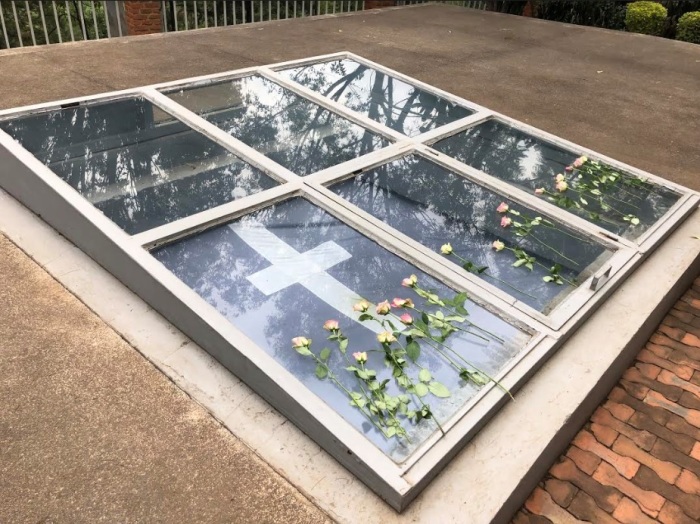
Known as “the heart of Africa” and “the land of a thousand hills,” Rwanda is a country of astonishing beauty. It's home to some of the world's best coffee and a population known for their friendliness and hospitality.
Yet tragically, most Americans know Rwanda from the news headlines — or the Hollywood film — about the genocide against the Tutsi in 1994. In a roughly 100-day period between April and July of that year, neighbor turned against neighbor, leaving as many as 1 million people dead. Rwandan society was shattered. Nearly every citizen had been a victim of the genocide, a perpetrator, or an eyewitness to the bloodshed.
With that history, the transformation I saw when I visited recently left me inspired and awe-struck. People have found reconciliation and a path forward from the unthinkable. And the country has made incredible progress in areas like education and access to basic services.
What the people of Rwanda have achieved in the last 30 years is much more than a feel-good story. It’s a master class for us as American Christians — offering both warnings and inspiration — about division, unity, and the role of faith.
Lesson 1: Our words matter
During my trip, I visited the genocide memorial and museum and took from it a stark warning of how easy it is for our word choices to sow disunity and division. Today people in Rwanda no longer even refer to each other as Hutu or Tutsi; everyone is simply “Rwandan.” But years prior to the genocide, the Hutu began referring to the Tutsi as “cockroaches” — a first step in painting them not as neighbors or friends, but as the “other.” This sort of shift may happen little by little, but the outcome can be atrocious.
In the age of social media, it is increasingly common to see ugly, hurtful words exchanged online. The temptation is to categorize people as either part of “us” or “them.” For me, Rwanda offers a warning and a reminder that words are a powerful tool for either healing or hurting. How are we using ours?
Lesson 2: Faith is a critical ingredient for healing and unity
During the genocide, some churches — normally considered a safe haven — became places of slaughter. People — including women and children — sought sanctuary in church buildings, but instead they were corralled there and killed in greater numbers. It was difficult to look at the photos of these scenes at the memorial and listen to video accounts from survivors.
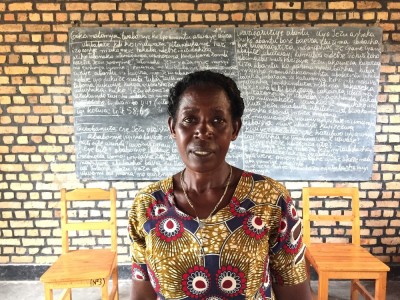
But I was encouraged by how faith has helped bring reconciliation in Rwanda. Today, after all the violence and trauma, Rwandans have been able to forgive their neighbors and live together — in a country the size of Maryland, but with more than twice as many people. And faith played a critical role.
Thirty years ago, during the horror of the genocide, a woman named Alice lost her baby, and her right hand, when a crowd of Hutus descended on her with machetes and clubs covered in nails. In the violence, she recognized one man, Emmanuel, because they had gone to the same school growing up. On that day he was wielding a machete.
Because of reconciliation efforts initiated across the country by World Vision through church partners — including the church Emmanuel attended — he decided to confront his past and ask Alice for forgiveness. Eventually, she was able to forgive him. Today they consider themselves friends. They visit each other’s houses and their kids enjoy spending time with each other.
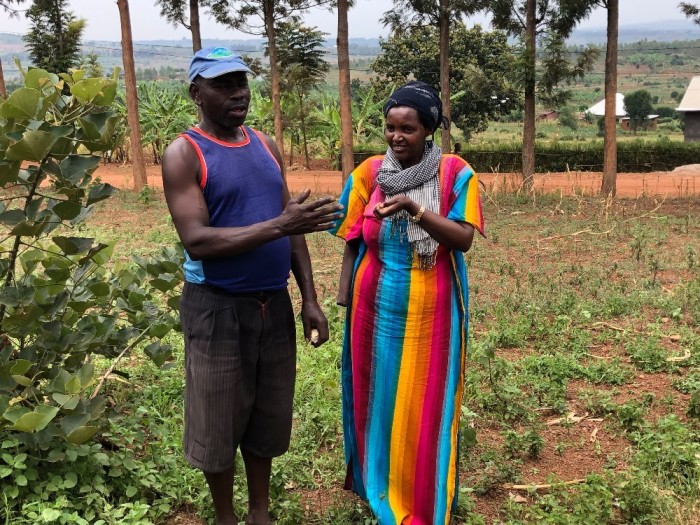
The way people have forgiven such atrocities is a testament to the miraculous power of God. There is no earthly way most of us could live next to, attend church with, or work side by side with someone who had attacked us or killed members of our family. I believe this is Holy Spirit work. And in it, you can feel God’s presence in the midst of unimaginable pain.
Today, World Vision continues to partner with churches and communities throughout Rwanda to equip children and families to thrive through sustainable access to clean water, improved livelihoods, spiritual nurture, and more.
Learning 3: Real progress is possible, even in the most challenging circumstances
It is tempting to label some places in our world “lost causes.” Every day, news headlines are filled with examples of crisis, conflict, and extreme poverty. Providing help can feel like trying to stop a tsunami by pouring a few extra grains of sand onto the beach — hopeless. Not even worth the effort.
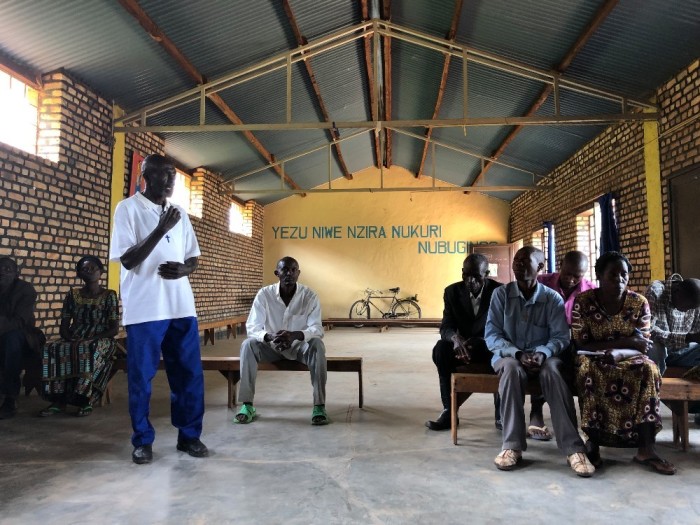
But the progress I’ve witnessed in Rwanda counters that mindset. Last year I was there to mark World Vision’s accomplishment, in partnership with the Rwandan government and people, of establishing clean water access for more than 1 million people in just five years — everyone, everywhere we worked in the country at the time we set this goal in 2018!
And it’s not just progress in access to clean water. Rwanda aspires to be a middle-income country by 2035 and reach high-income status by 2050, as defined by the World Bank. The government is working toward universal access to electricity for its citizens — it’s a future that would have been hard to imagine from the state of the country 30 years ago. And they have made significant progress.
Today, as we remember the horrors of this genocide, I hope we look back with an eye to what we can learn, but also with inspiration and awe for what is possible through cooperation and faith.
Edgar Sandoval Sr. is president of World Vision U.S. Follow him at twitter.com/EdgarSandovalSr.
















